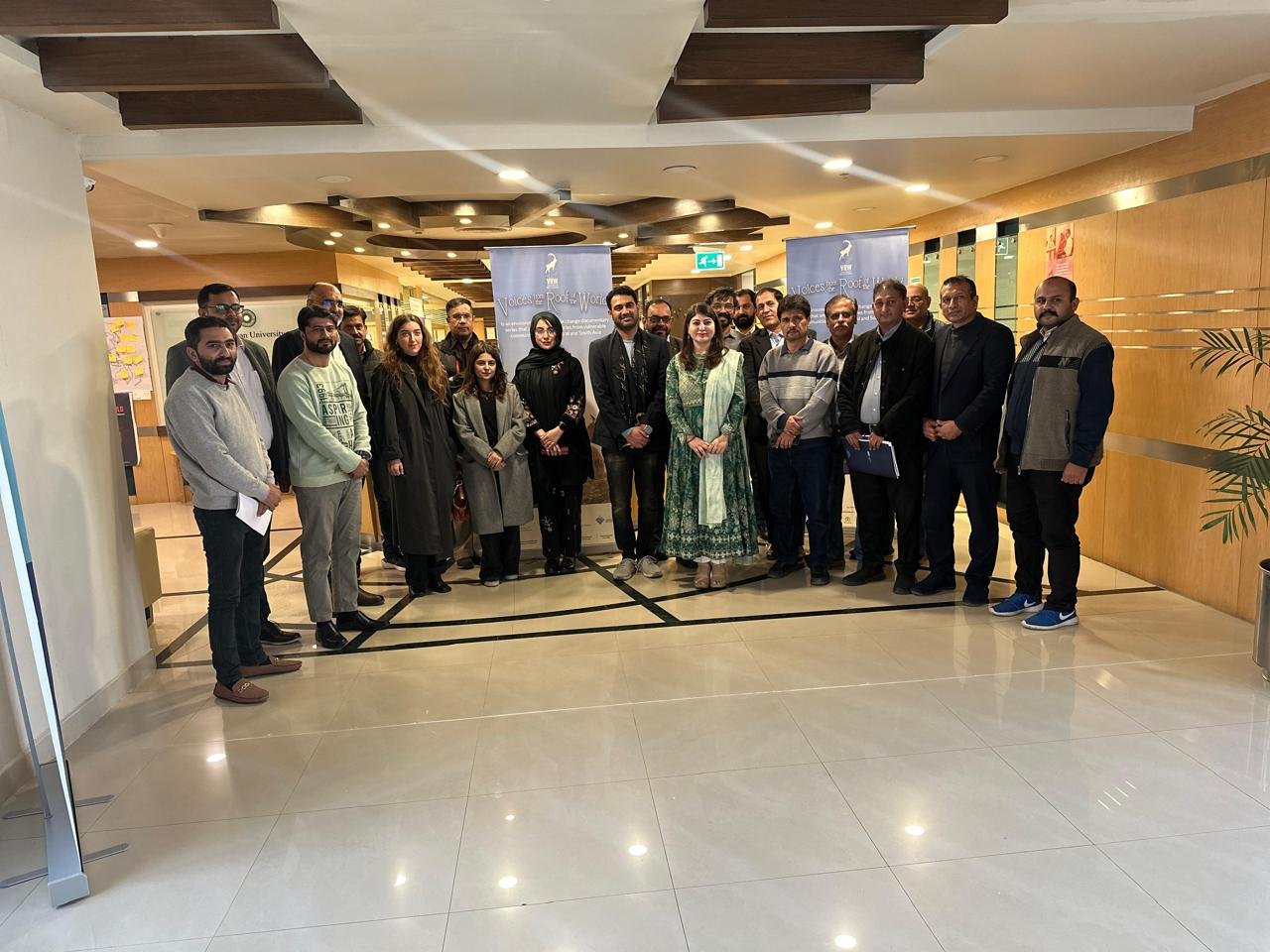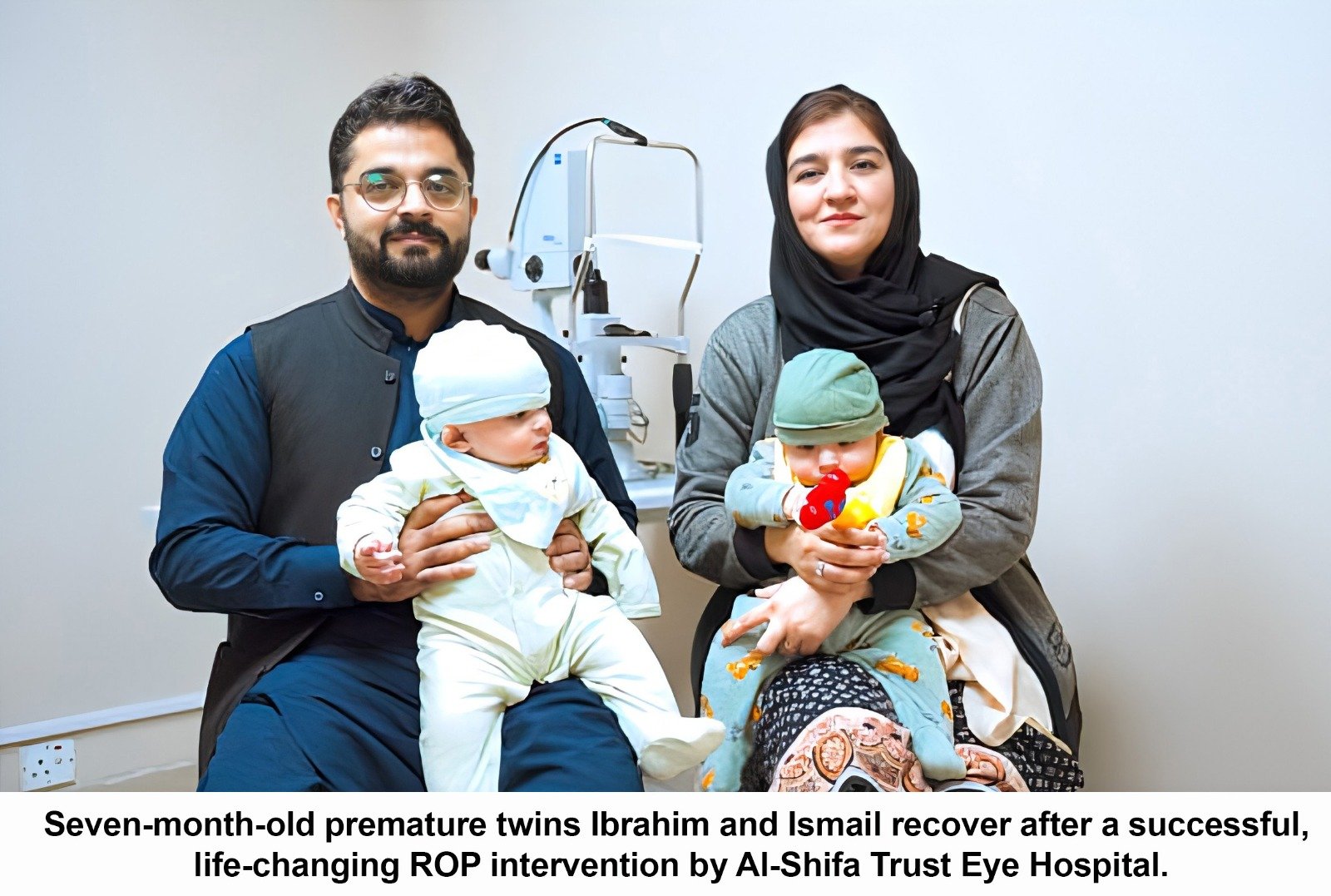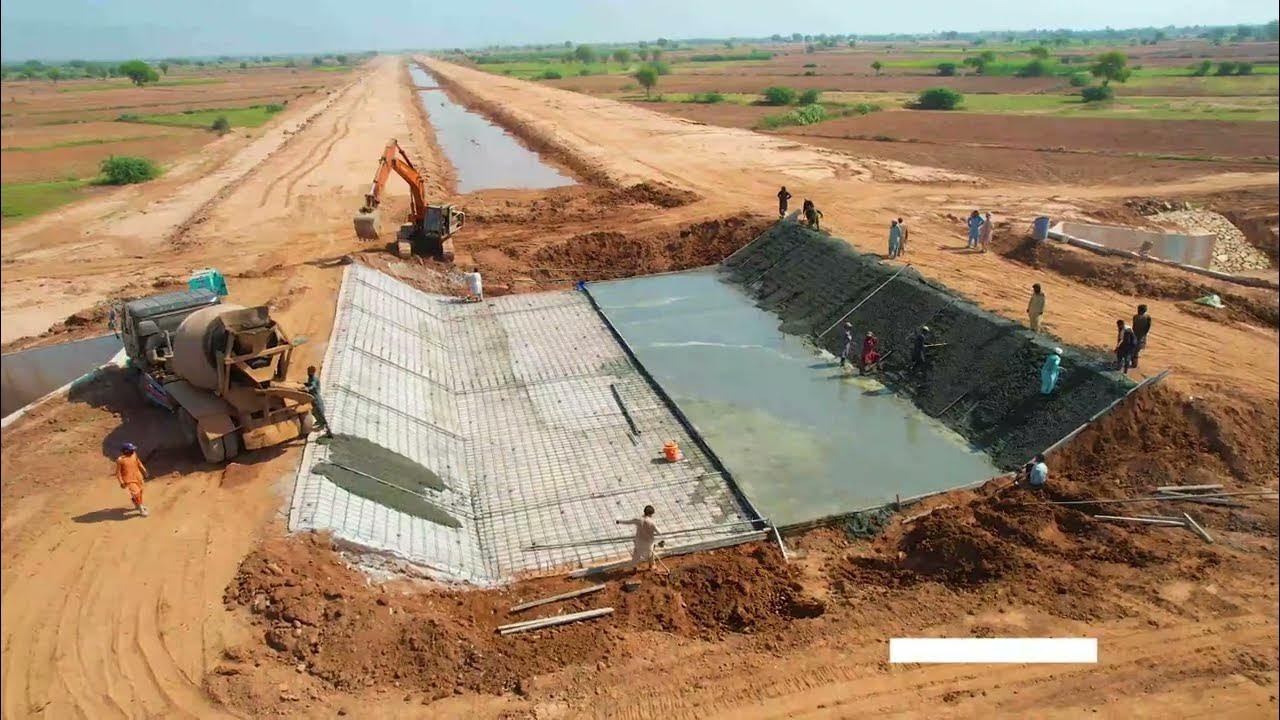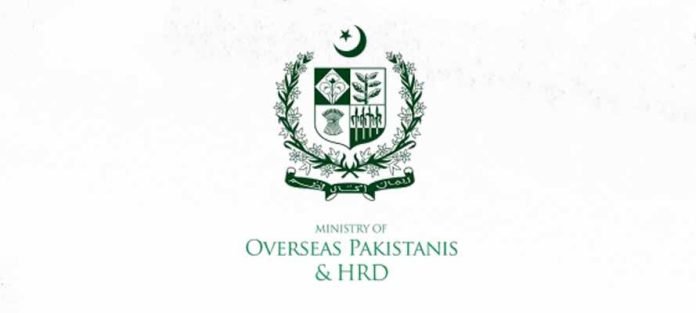ISLAMABAD, Nov 25: Voices from the Roof of the World (VRW), the acclaimed documentary series spotlighting the environmental upheaval gripping Central and South Asia, is set to launch its fourth season.
The new season intensifies its focus on urgent climate stories, including air pollution, rising heat, glacier melt, water scarcity and the resilience of communities living in the ‘third pole’—the Roof of the World—whose glaciers sustain an estimated 1.6 billion people downstream.
As Pakistan endures one of the most challenging environmental periods in its history, the climate crisis has become part of daily life. In recent years, the country has experienced intense rainstorms triggering deadly floods and landslides, devastating homes and infrastructure. Rapid glacier retreat has further magnified the scale and severity of these disasters.
At the same time, Pakistan is battling a worsening air-pollution emergency that threatens every form of life. Ranked among the world’s five most polluted countries, millions in Punjab—especially children—are seeking treatment for respiratory diseases. Despite contributing minimally to global carbon emissions, developing nations like Pakistan face the harshest impacts of climate change.
One of VRW’s earlier films, Color of Smog, directed by Jawad Sharif, captures Lahore’s spiraling air-quality crisis. Once celebrated for its gardens, the city now ranks among the world’s most polluted.
“Smog in Lahore is not just a figure but a daily reality that shapes how people breathe, move and imagine their futures,” said filmmaker Jawad Sharif. “Behind every air-quality reading are families trying to protect their health and dignity. Through VRW and films like Color of Smog, we hope audiences can clearly see how the climate crisis is already unfolding around us and why meaningful action can no longer wait.”
VRW’s Executive Producer Andrew Tkach, an eight-time Emmy Award winner with more than 30 years of experience, mentors young filmmakers and helps refine their ideas into compelling climate stories.
“VRW was created to highlight the climate emergency from the perspective of the people who live it every day,” Tkach said. “In Season 4, we examine communities confronting melting glaciers and disappearing forests, but also more hopeful stories—saving falcons, reviving ancient water canals. These stories make one thing clear: the environment is changing faster than we are responding.”
The series has earned numerous distinctions, including the John B. Oakes Award for Distinguished Environmental Journalism from Columbia University’s Graduate School of Journalism. VRW films have been screened at more than 50 international festivals.
“VRW’s unique expression of local realities highlights the impact of climate change on the lives and cultures of vulnerable communities while narrating the story of a changing era,” said Laila Naz Taj, Director, AKDN Pakistan Communications. “These films are not distant warnings; they reflect the challenges communities are facing right now across Pakistan and the region.”
VRW is a joint initiative of the Aga Khan University (AKU), Aga Khan Agency for Habitat (AKAH), University of Central Asia (UCA) and the Aga Khan Foundation (AKF).
It is made possible through the support of Ross Beaty, the Jenabai Hussainali Shariff Family, the Sitka Foundation, Gulshan Kassamali Jiwa Family and the Prince Sadruddin Aga Khan Fund for the Environment.
Across three seasons, VRW has produced 30 documentaries from Tajikistan, Kyrgyzstan, Pakistan, Nepal and beyond, available in English, Urdu and Russian, with Arabic versions planned.





